By: GINA DEWAR – La Revista Binacional
Every once in a while, a movie comes along that feels less like entertainment and more like a reality check, a cinematic mirror that dares you to look closer. One Battle After Another is exactly that. It is gripping, beautifully acted, and thought-provoking in ways that linger long after the credits roll.
I was so happy to be able to go to the movies with my daughter and son, who are all grown up now. It was a movie that the three of us had to watch together! (So we could discuss it afterwards).
At its core, the film is a human story, but it’s layered with the weight of social realities we see every day. Immigration, inequality, and the toxic persistence of white supremacy in America form the backdrop. Yet the film never loses its emotional center—it’s about people, their battles, and the invisible wars we don’t always acknowledge. Paul Thomas Anderson did an amazing job directing this project.

Let’s talk acting. Benicio del Toro delivers what can only be called a career-defining performance. He embodies pain, resilience, and unspoken strength with such depth that you forget you’re watching a movie star. His quiet moments are just as powerful as his explosive ones, and he brings humanity to a character who could have easily been reduced to a stereotype in less capable hands.
Leonardo DiCaprio matches him with equal intensity. His role is layered, walking the fine line between empathy and confrontation. DiCaprio reminds us once again why he is one of the most versatile actors working today. His eyes do much of the acting—there are scenes where his silence speaks louder than any dialogue. It’s a performance that feels lived-in, not performed. He made me laugh even in the scenes that were not funny.
And then there’s Sean Penn. If del Toro is the heart and DiCaprio the conscience, Penn is the raw nerve of the film. He channels rage, frustration, and vulnerability in a way that feels dangerously close to reality. Together, the trio is magnetic. It’s not a stretch to say all three deserve Academy recognition, because rarely do we see such a perfect storm of talent on screen at the same time.
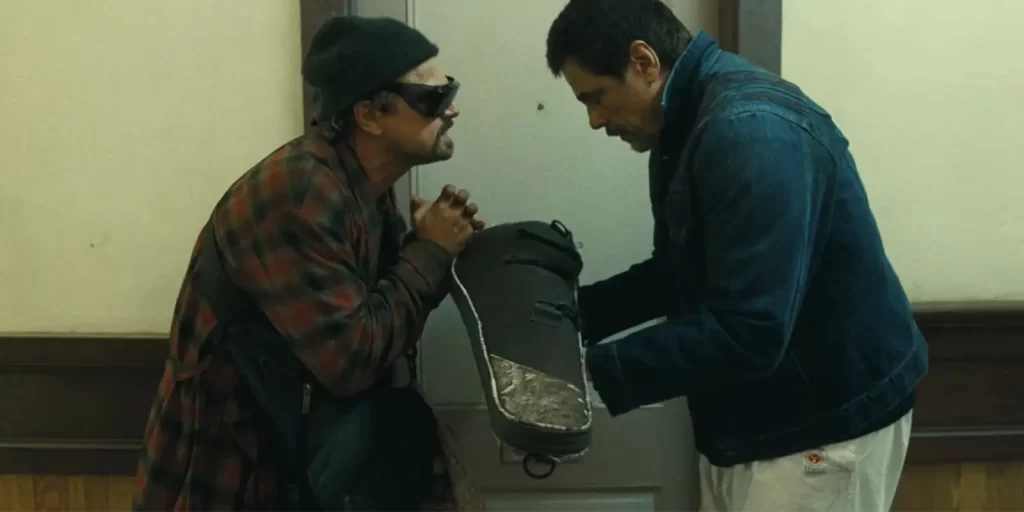
The fierce and magnetic Teyana Taylor commands the screen, reminding us that strength is not only physical but also deeply emotional. She brings a sensual power and resilience that inspires audiences to embrace their own inner fire.
Regina Hall delivers a masterclass in authenticity, embodying friendship and loyalty in the darkest of times. Her performance grounds the film, showing how bonds of trust can carry people through war, rebellion, and uncertainty.
And then there’s Chase Infiniti, a breakout star in the making. With her raw energy and undeniable presence, she doesn’t just play her role; she announces her arrival. This film will no doubt be remembered as the launchpad for a remarkable career.
The plot moves like a steady current—at times slow and reflective, at times crashing with intensity. Without spoiling anything, I can say the storytelling balances the personal and the political. This isn’t just about individual characters navigating hardship; it’s also about the structures, systems, and silent revolutions shaping our society. It forces you to notice how big issues—immigration policies, systemic racism, and cultural divides—play out in the most intimate corners of people’s lives.
One of the most striking aspects of One Battle After Another is how it confronts white supremacy. The film doesn’t sensationalize it or reduce it to clichés. Instead, it treats it as what it is: a thread woven into the fabric of America, a force that mutates and hides in plain sight. Watching it play out on screen feels unsettling precisely because it is so recognizable.
But there’s another undercurrent in the movie, one that speaks to quiet resistance—the kind of civil revolutions that don’t make headlines but change communities from the inside out. The film hints at the ways ordinary people, through small acts of courage, can push back against oppression. This subtle message makes the story resonate even more, because it reminds us that change doesn’t always arrive with grand gestures. Sometimes it’s quiet. Sometimes it’s slow. But it’s always brewing.
What really sets this movie apart is its refusal to give easy answers. It doesn’t wrap everything neatly with a bow, and it doesn’t pretend that one battle wins the war. Instead, it acknowledges the messiness of real life: the setbacks, the contradictions, the weight of history. That honesty is what makes it so powerful.
In the end, One Battle After Another is more than a film, it’s a conversation starter, a call to awareness, and maybe even a challenge. It asks us to consider not only what battles we see around us, but also the ones we choose to fight within ourselves.
So yes, give Benicio, Leo, and Sean all the awards (and, of course, all of the female awards to the beautiful women in this feature). But more importantly, give this movie your full attention. It’s worth it.



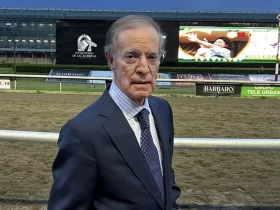


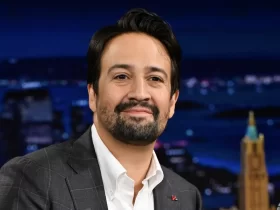
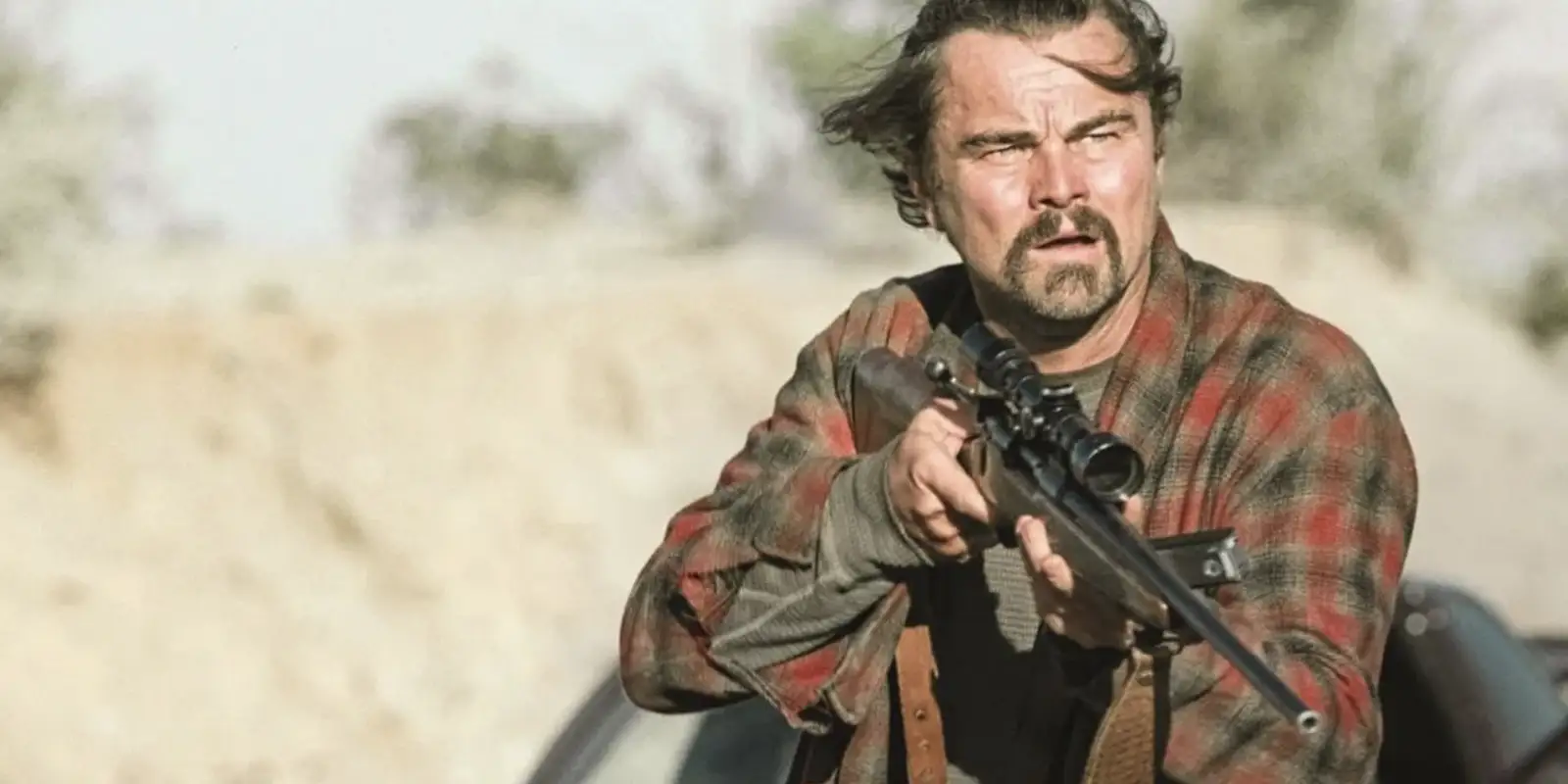










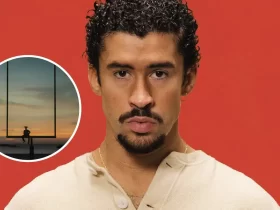















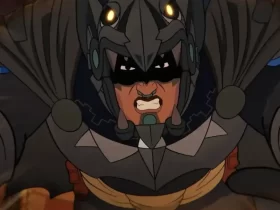

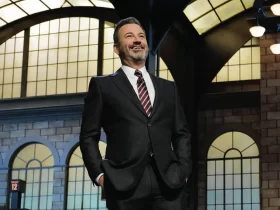
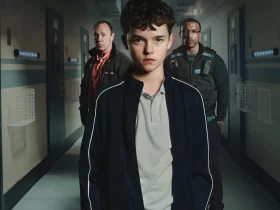
Leave a Reply